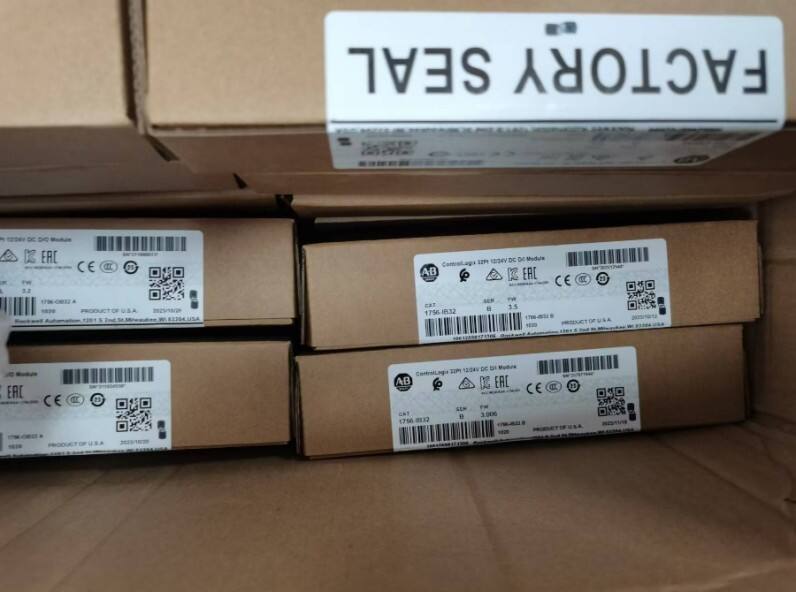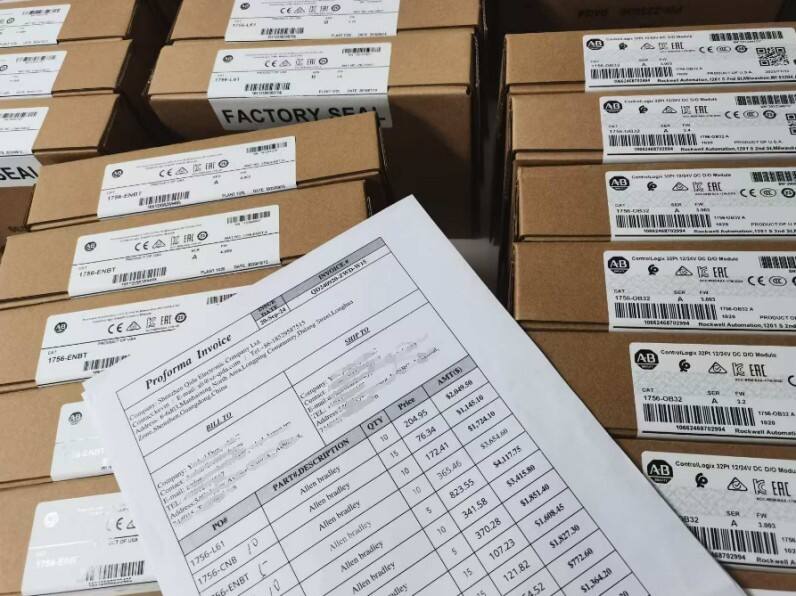In the realm of industrial automation, the choice between digital and analog control systems is a critical decision, each with distinct characteristics and applications. Analog control systems, characterized by continuous signals, have been traditionally used for tasks requiring smooth and gradual adjustments. These systems rely on physical components such as potentiometers and operational amplifiers to process and transmit signals. While they offer simplicity in some basic control scenarios, analog systems can be prone to signal degradation over long distances, are less precise, and lack flexibility in programming complex operations. Digital control systems, on the other hand, have emerged as the dominant choice in modern industrial automation, and Shenzhen Qida Electronic Company Ltd. is at the forefront of providing digital solutions. Digital systems operate on discrete signals, represented by binary values (0s and 1s). Programmable logic controllers (PLCs), a key product of Shenzhen Qida, are central to digital control. These PLCs offer high programmability, enabling the implementation of intricate control algorithms. They can process multiple inputs simultaneously, perform complex calculations, and provide accurate control outputs with high precision. Digital control systems also excel in terms of reliability, as they are less susceptible to noise and interference compared to analog systems. They offer enhanced flexibility, allowing for easy reprogramming and modification of control strategies to adapt to changing production requirements. Additionally, digital systems can be integrated more easily with other digital devices and networks, facilitating data collection, monitoring, and remote control. Shenzhen Qida's digital control products, compliant with international standards, provide businesses with the tools to achieve efficient, accurate, and flexible automation, outperforming traditional analog control systems in most industrial applications.



Copyright © 2024 by Shenzhen QIDA electronic CO.,ltd